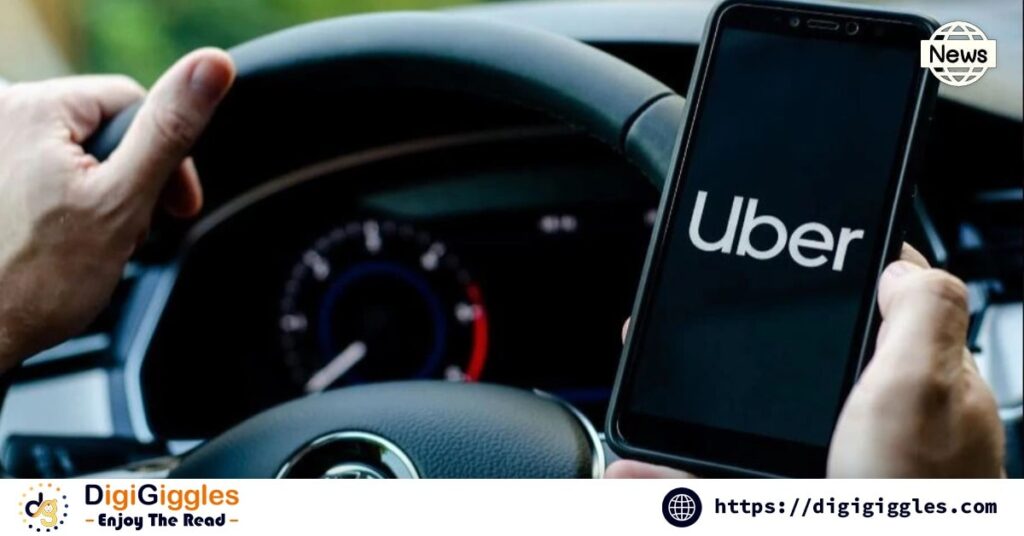
It’s that time of year again, when the Delhi NCR region is plagued by dense smoke and pollution from agricultural waste burning and other causes. According to reports, the situation is worse this year than it has been in the previous ten years. To combat deteriorating air quality, the Delhi government barred the entry of non-Delhi registered commercial taxis booked through Ola, Uber, and other taxi aggregator apps into the national capital on Wednesday.
In response to the Supreme Court’s criticism about the excessive number of taxis operating in Delhi, many of which are registered in other states, the Delhi administration has enacted a restriction on non-Delhi registered commercial cabs entering the national capital. The Supreme Court earlier advised the Delhi government to limit taxi operations to cars registered in the city.
Despite the limits set under the Graded Response Action Plan (GRAP) Stage IV owing to severe air pollution, polluting cars continued to enter the city unhindered, according to the administration.
While the specifics of the ban have yet to be released, cab aggregator Uber, which maintains a fleet of over tens of cabs in Delhi, has maintained that it is already following all pollution rules in order to offer ecologically friendly transportation for its clients. ‘We haven’t received any orders from the transport department, but we’d want to emphasize that all Uber cars in Delhi are CNG or electric, and shared mobility allows more people to commute in fewer automobiles,’ Uber stated in an official statement to India Today Tech.
The prohibition is set to take effect immediately, and the Delhi government has encouraged all app-based taxi aggregators like Ola, Uber, and Rapido to comply. This would need these businesses verifying the registration numbers of all cabs operating on their platforms and ensuring that only DL-registered cars may operate in Delhi.
While some commuters may encounter small difficulties as a result of reduced taxi availability, the long-term advantages for Delhi’s air quality are likely to be significant. The government is also attempting to enhance public transit choices, like the metro, to make it simpler for locals to commute.
In the meanwhile, the Delhi government has introduced an odd-even car policy in order to minimize pollution. The AQI in Delhi and its surroundings is now at 400, and is projected to rise considerably during the next festival season. Commuters should, however, modify their outside activities and take adequate steps to protect themselves from dangerous airborne pollution.
Consider the following methods to reduce your exposure to dangerous pollutants:
- Limit outside activity, particularly during peak pollution hours.
- To filter out dangerous particles, it is advised to utilize high-quality air purifiers.
- Commuters could also consider utilizing portable air filters in their automobiles to keep dangerous smoke out of their enclosed vehicles.
- When going outside, use a mask, especially if you have respiratory sensitivity.
You may also protect yourself from pollution by using air filter masks and other devices.